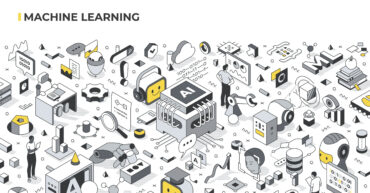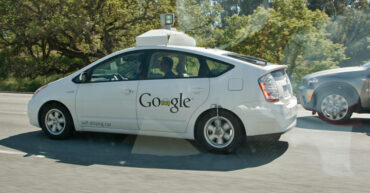How AI is Revolutionizing Medical Imaging: A Comprehensive Look into the Future of Healthcare
- July 30, 2023
- Posted by: Kulbir Singh
- Category: Artificial Intelligence Deep Learning Healthcare Tech
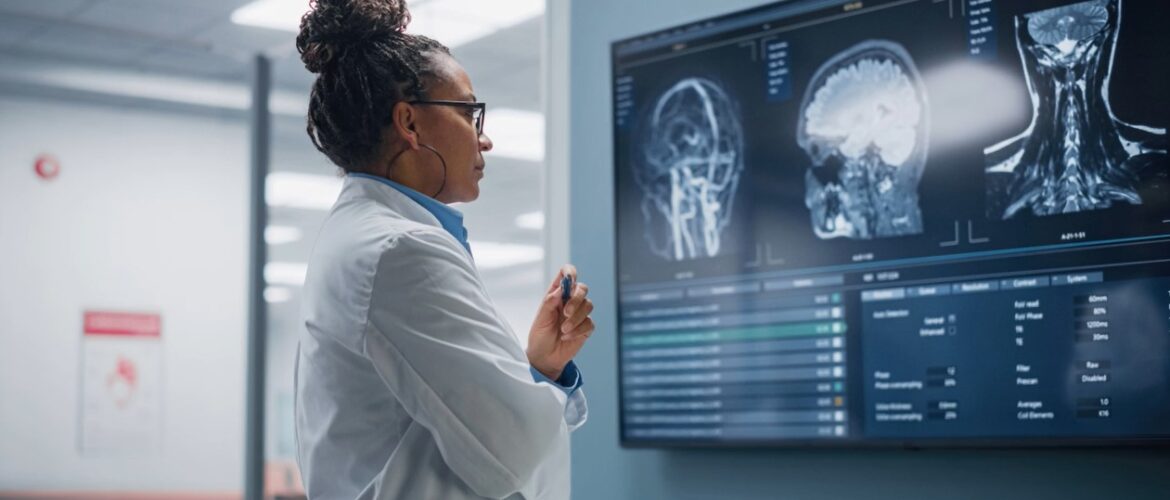
Artificial Intelligence (AI) is making significant strides in various sectors, and healthcare stands as a prime beneficiary of this technological revolution. A key area where AI is making a transformative impact is medical imaging. By automating the analysis and interpretation of medical images, AI is not only enhancing diagnostic accuracy but also revolutionizing patient care.
Medical imaging, encompassing radiology, pathology, ophthalmology, and more, generates an enormous amount of data. Traditionally, these images are manually analyzed by trained professionals, a process that can be time-consuming and susceptible to human error. AI, with its ability to swiftly and accurately process large volumes of data, is revolutionizing this field.
AI algorithms, particularly those based on deep learning, can detect patterns and anomalies in medical images that might escape the human eye. For instance, Google’s DeepMind AI has shown the capability to diagnose eye diseases as accurately as world-leading expert doctors. It analyzes 3D scans of patients’ eyes and accurately suggests a referral for over 50 sight-threatening eye diseases, including age-related macular degeneration and diabetic retinopathy.
In the realm of dermatology, a study published in Nature reported that an AI system developed by researchers at Stanford University could identify skin cancer with the same level of accuracy as board-certified dermatologists. The system was trained on a dataset of nearly 130,000 skin disease images and could classify skin lesions into malignant or benign categories.
AI’s potential in medical imaging extends beyond diagnostics. It’s also being used to predict patient outcomes. For example, a team at the Massachusetts General Hospital and the Dana-Farber Cancer Institute developed an AI system that uses imaging data to predict survival in patients with lung cancer. The system uses a form of AI known as radiomics, which extracts a large number of features from radiographic images using data-characterization algorithms.
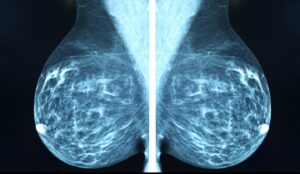
In the fight against breast cancer, AI is proving to be a game-changer. Researchers at MIT’s Computer Science and Artificial Intelligence Laboratory developed an AI model that can predict the likelihood of breast cancer up to five years in advance. Trained on mammograms and known outcomes from over 60,000 patients, the model learned the subtle patterns in breast tissue that are precursors to malignant tumors.
AI is also making headway in detecting heart diseases. A study by the Mayo Clinic found that an AI algorithm could analyze ECG results to identify patients with asymptomatic left ventricular dysfunction, a condition often missed in routine physical exams. This early detection can significantly improve patient outcomes, as treatment can commence much earlier.
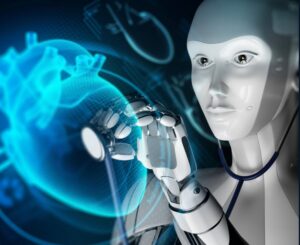
Despite these promising developments, the integration of AI into medical imaging is not without challenges. Concerns around data privacy, the need for large annotated datasets for training AI models, and the black-box nature of AI algorithms are some of the issues that need to be addressed. Furthermore, AI should be seen as a tool to aid healthcare professionals, not replace them.
However, the potential benefits of AI in medical imaging are undeniable. By improving diagnostic accuracy, predicting patient outcomes, and freeing up healthcare professionals’ time, AI is set to revolutionize the field of medical imaging. As we continue to refine these technologies and address the challenges, the future of healthcare looks promising, with AI at the helm.
To summarize, AI’s involvement in medical imaging is transformational and has the potential to enter in a new age in healthcare. As we continue to investigate and comprehend the potential of AI, we may anticipate a future in which healthcare is more accurate, efficient, and personalized.
A Large Language Model (LLM) is a type of deep learning model trained on massive text datasets to understand and generate human language.
Humans and artificial intelligence (AI) have been contrasted and compared frequently.Some worry that AI will drive people out of many professions, while others argue that AI will never fully replace human intelligence and creativity.
Autonomous vehicles, also known as self-driving cars, are like smart robots that can drive themselves without a human driver.

